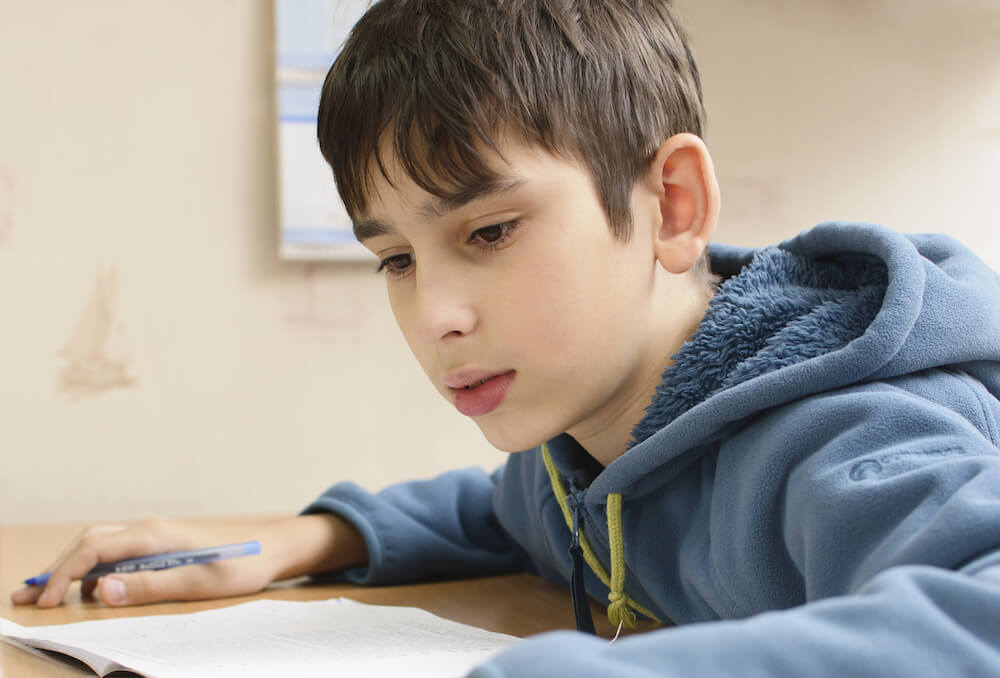
Why Are Kids in Finland So Much More Educated?
Posted on , in Section Parenting On Purpose
The quality of education in the United States has long been debated amongst parents and educators alike. Recently, Krista Kiuru, Finland’s minister of education and sciencecame to a Boston school to observe some of its practices and policies. The teacher also shared some astonishing facts about school in Finland, where the educational system is vastly different.
Finland has chosen to do what America most certainly should be doing and teachers everywhere are actually attempting to do—foster the individual strengths and intelligence of each child. Students in Finland have much more leniency in classroom time and schoolwork. For example, in elementary school, the students are at their desks approximately 300 hours less than their counterparts in America. This is due to more recesses and shorter school days. While our country seems to think “the longer they’re here, the more they will learn,” Finland disagrees and goes so far as to not have children even start attending school until age 7.
Piling on the Work
The idea of letting kids be kids and enjoy more free time is appealing to me as a mother. I love the school that my children attend, but I am often shocked at the amount of homework that they are given. Our “standards” in state testing and other factors require teachers to give so many lessons that it is impossible to accomplish this in the class room alone. And speaking of tests, Finland does not do national standard testing for students.
Finland’s educational system has made all opportunity equal. University education is free and available to any that choose to take it. This enables students from all economic levels to follow their dreams and earn their way into better jobs. As Kiuru stated on the Atlantic, “Regardless of a person’s gender, background, or social welfare status, everyone should have an equal chance to make the most of their skills.” I know for myself that my bachelors degree already cost far more than I want to think about, and graduate school is another level of financial insanity.
Teachers in Finland are also held at a higher standard. They all must have master’s degrees and new teachers are not simply thrown into the classroom and left to figure things out on their own. In one scenario, a first year teacher was observed by five other people—other student teachers, university instructors, and various other educators. After the class, they all sat together to discuss the lesson and how the class had gone.
The importance Finland is placing on education is very clear, and the results seem to validate their approach. While I am aware of many teachers (including myself) who work tirelessly to provide every one of their students with the best education possible, I am also aware of the many limitations put on both their resources and time. The United States needs to rethink their ideals of long school days and a “one size fits all” education program that benefits neither students, nor teachers.